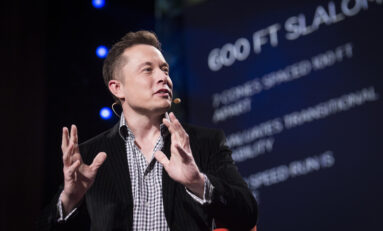Tweets by Elon Musk are not mundane, to say the least. Every once in a while, Musk tweets something that takes the online world by storm, and the real-world consequences of those tweets turn out to be not-so-minor ones. One of the most recent examples is Musk’s tweet asking followers whether he should sell 10% of his Tesla stock. The result? Tesla stocks fell by nearly 5% soon after.
If you turn the clock back another year, Musk’s tweet of Tesla’s stock price being too high resulted in a fall of over 10% in its stock price. So you see, it is almost a habit.
Four years ago, Musk had tweeted that he was considering taking Tesla private. Now, Musk said that the tweet on August 7, 2018, was not a fake one and was “entirely truthful.” So the Technoking of Tesla was indeed considering taking his EV company private, and it was not a fraud (as investors had claimed).
Time for a history lesson. It seems that Saudi Arabia’s sovereign wealth fund, the Public Investment Fund (PIF) had agreed to fund a buyout of Tesla back in 2018. On the same day, Musk tweeted that he was considering taking Tesla private at $420/share, and funding was secured. The price was a 20% premium to where the stock was trading that day in 2018.
The result was predictable – it took social media by storm and Tesla’s stock rose by as much as 13% soon after the tweet was published. However, doubts began to crop up about Musk’s ability to follow through, and the losses numbered in the billions. Finally, Tesla’s stocks fell, and later, Musk said that he was keeping Tesla public, so going private was off the cards.
Following this development, the Securities and Exchange Commission sued Musk with fraud for his tweet. A settlement was reached and Musk and Tesla were fined $20 million each. Musk also stepped down as Tesla’s chairman for three years, and Tesla agreed to have Musk’s public statements on social media overseen by lawyers.
Now, Musk argues that funding was secured (and there was investor support) and thus, could not have defrauded investors. So, his tweet was “entirely truthful,” according to the redacted filing by attorney Alex Spiro. The filing claims that funding was secured as per Musk’s discussions with the PIF, which sold nearly all of its Tesla shares in early 2020.





